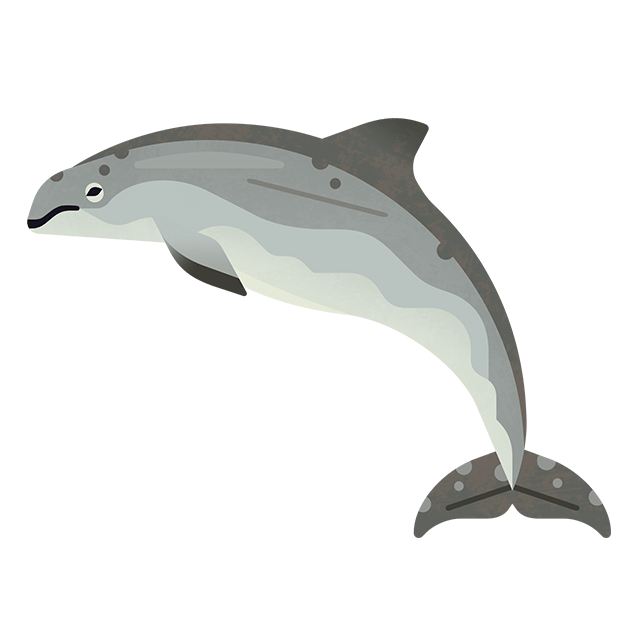
Can I flush it?
What we flush down the toilet can have a harmful impact on our marine environment. Dr Laura Foster, expert in marine conservation and climate change, answers some frequently asked questions about what we should and shouldn’t be flushing.
Q: What can I flush?
A: It’s safest to stick to ‘the three Ps’ – pee, poo and paper if you are unsure. For wet wipes, look for the Fine to Flush label.
Q: What are the best alternatives to toilet roll if I don’t have any?
A: If you don’t have toilet roll, remember tissue paper and kitchen roll aren’t designed to be flushed. Flushing these may leave you with a blocked toilet. For those looking to cut back on single-use products, it’s worth looking into ‘toilet towels’, which have been shown to be a hygienic and ocean-friendly alternative.
Q: Can I flush wet wipes?
A: Assume you can’t by default. Look for the industry approved ‘Fine to Flush’ logo, given to products that have been tested and are proven to degrade without harming the environment. If you can’t see the logo, you need to bin the wipes. It might be worth getting a bin for your bathroom if you don’t already have one.
Q: What about biodegradable wipes?
A: Just because wipes are labelled ‘biodegradable’ (there is no clear definition of this), it doesn’t mean they are suitable for the pipes in your home or the sewer. The term doesn’t indicate how the wipe will break down in the sewer system.
Q: Why does it matter what I flush?
A: Flushing inappropriate items can lead to blocked sewers, which can mean emergency discharges into rivers and seas. This results in untreated water and waste entering the marine environment. Alongside the negative impact on bathing water quality, this can also be harmful to marine life. The 2019 Great British Beach Clean found an average of 33 items of ‘sewage-related debris’ (anything from plastic cotton bud sticks flushed down the toilet to wet wipes that haven’t broken down in the sewage system) for every 100m of beach. This made up 5% of the total litter found on the UK’s coastline. An average of 19 wet wipes were found for every 100m of beach. No matter where you’re flushing, your actions can affect the sea.


